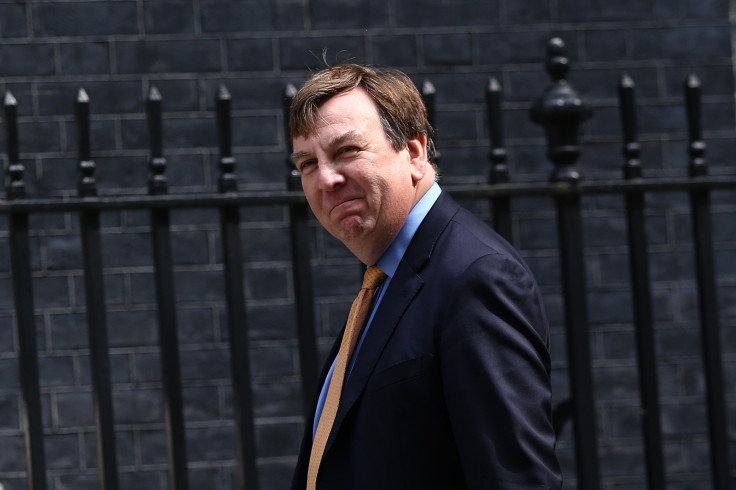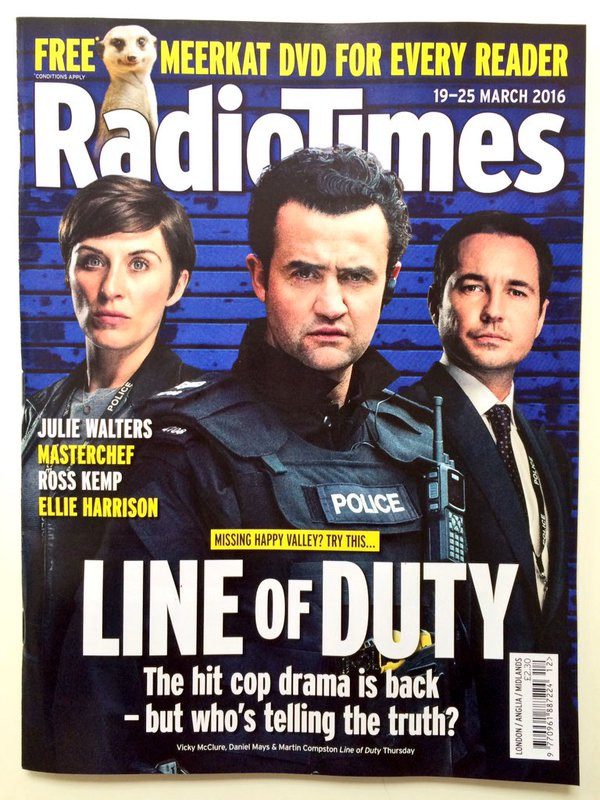Culture secretary John Whittingdale branded a 'liar' by Radio Times over 6,000 unread complaints

The culture secretary, John Whittingdale, is under fire from the editor of the Radio Times after allegedly not sticking to his word over promises made to the TV listings guide back in 2015.
Whittingdale launched a study of public attitudes towards the BBC after a consultation into the future of the corporation was previously hijacked by a left-wing campaigning group. But now, Ben Preston of Radio Times is threatening the government with legal action in a bid to force ministers to re-open a public consultation on the future of the BBC, claiming that officials had failed to read 6,000 submissions amassed by the magazine.

Before the expiry of the BBC's Royal Charter, the Conservative politician announced this March that the Department for Culture, Media and Sport (DCMS) had received 192,000 submissions to a review of the future size and scope of the corporation. He even went on as to state: "Every response we received matters. Every response has been read."
Preston has now claimed this is a lie. The editor said that the publication's response was "astonishing," and submitted 9,000 responses which were stored on a password-protected stick, but the department failed to ask for the password to unlock the data – despite claiming they'd taken all responses into account.
Preston wrote in this week's Radio Times: "We included a short explanatory note with a telephone number explaining that we'd reveal the password to unlock the file once it arrived in the right hands. But that call telephone never came."
He continued: "The views of more than 6,000 Radio Times readers were not read – they were ignored." On asking the culture department what had happened, Preston remarked that "their answers took a while coming and were, to be polite, somewhat opaque."

A letter to the department, sent by the magazine's lawyers, said: "Our client was understandably concerned that the summary document clearly implies that all responses to the consultation were taken into account when, in relation to the digital entries our client provided to DCMS, this could not have taken place since DCMS did not seek details of the password to access those entries."
Threatening the government with legal action, the letter went on: "If you do not reopen the consultation, our client reserves the right to pursue all options, including issuing an application for judicial review of such a decision."
A spokesman for the DCMS said that as the publication had changed the wording of the consultation questions, its submissions did not count as formal responses. The spokesman stated: "All responses to our formal consultation will feed into the process. We also received other results from the Radio Times survey, which asked different questions.
"We will also take account of these as part of the charter review," He added.
Radio Times revealed that three-quarters of their readers said the BBC should not have its services cut back – even if that would mean a cheaper licence fee. Their results claim that 96% of responses support the principle of a publicly funded broadcaster and 91% of readers reckon the licence fee is the best way of channelling public money into the broadcasting corporation.
It goes on to divulge that 85% believe that the BBC's output is "of sufficiently high quality and distinctive from other broadcasters" while 41% think they should make fewer entertainment shows.
© Copyright IBTimes 2025. All rights reserved.






















